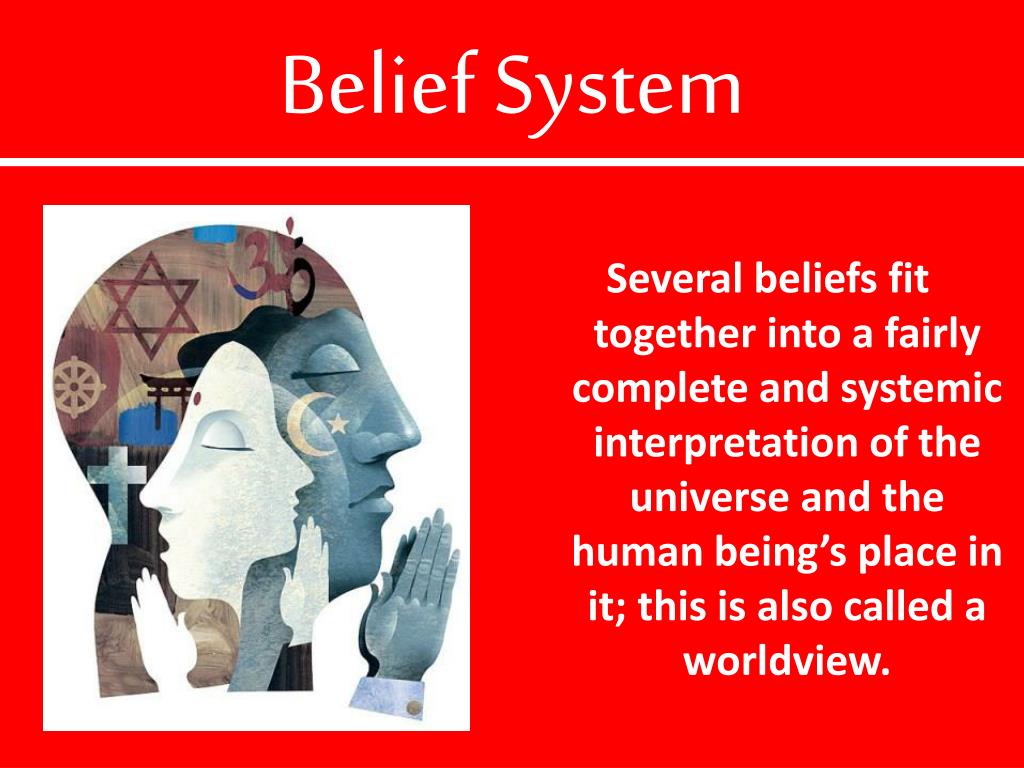Understanding Different Beliefs
Behind closed doors, many Christians and even those of other faiths privately debate and question beliefs that differ from their own. While differences in convictions will always exist between religions, approaching alternate views with an open and seeking mind can help foster greater empathy, wisdom and unity.
Exploring Possibilities
Buddha attained spiritual enlightenment through disciplined meditation and living by nonviolence, compassion, generosity, and wisdom. Though his teachings do not promote a deity, Christians could reflect on how Buddha’s life and insights illuminate humanity’s shared quest for truth, justice and overcoming suffering. Rather than dismissal, considering alternate perspectives with intellectual humility may reveal overlapping ideals and lead to a deeper understanding of life’s profound mysteries.

Recognizing Common Ground
The stories of gods and giants in Norse mythology like Odin slaying frost giants should not be taken literally but as allegories expressing cultural worldviews. While Christians believe in spiritual forces revealed through Jesus Christ, Norse followers found meaning in their own traditions. Both aimed to bring order, purpose and community. Differences in religious narratives need not divide people if they can acknowledge our common hopes for protection, prosperity and living together in peace.
Asking Open-Ended Questions
Rather than demanding others confirm their own convictions, Christians could gain insight by respectfully inquiring how followers of Buddha or Odin derive wisdom, morality and rituals from their traditions. Open questions invite learning from diverse perspectives without judgment. Exploring why certain beliefs resonate for others may help reexamine preconceptions and find new appreciation for humankind’s varied yet parallel quests to understand life’s profound questions.
Considering Life’s Deeper Lessons
Beyond superficial distinctions, the teachings of Jesus, Buddha and figures like Odin universally point to virtues like compassion, courage, generosity and personal discipline. While religion invariably diverges in superficial stories and symbols, Christianity’s essence mirrors Buddhism’s emphasis on nonviolence, love and spiritual illumination. Examining life’s profound mysteries and humanity’s yearning for purpose and fulfillment reveals our common ground exceeds what separates us. With humility, greater unity becomes possible.
Forging Mutual Understanding
Rather than imposing one’s views or attacking alternate beliefs, meaningful dialogue requires respectfully listening to understand others and reconciling differences by discerning life’s deeper lessons. Open and persevering discussion between faiths can overcome distrust and forge new light by combining varied wisdoms. While certainty remains elusive, seeking truth together uplifts humanity. Religious pluralism need not threaten faith but strengthens it by challenging preconceptions and cultivating profounder conviction.
Cultivating Wisdom Across Beliefs
Ultimately, differing religions point to a greater truth transcending words. With goodwill, their varied insights complement each other like pieces of a puzzle, revealing life’s designs in new dimensions when brought together. Religious freedom and pluralism nourish society by encouraging exploration of faith’s depths through respectful exchange. In an increasingly diverse world, cooperation between faiths helps counter fear, ignorance and discord by forging understanding through questioning together what most concerns the human spirit across beliefs. Our shared wellsprings of hope, meaning and moral purpose run deeper than surface differences.
